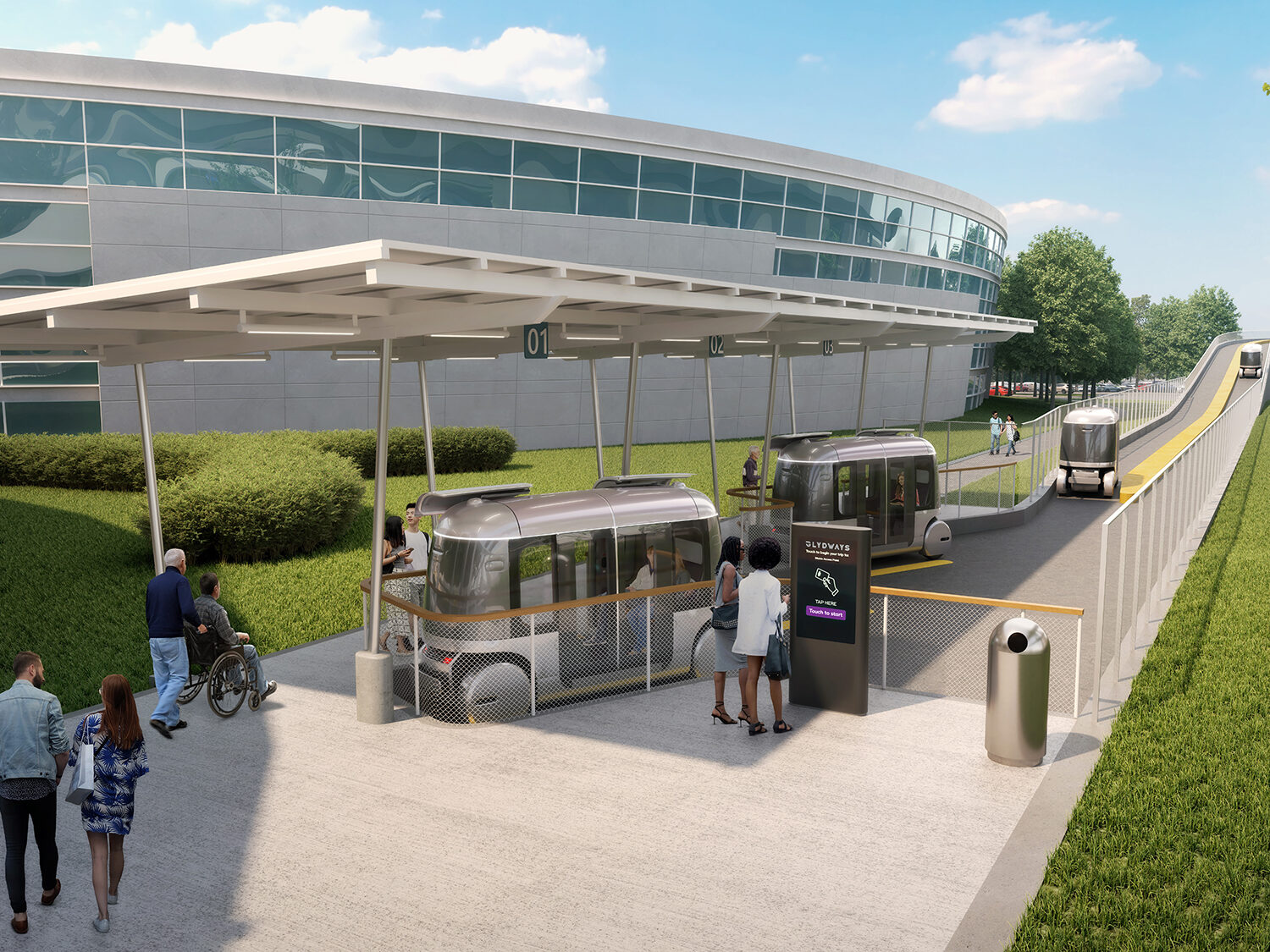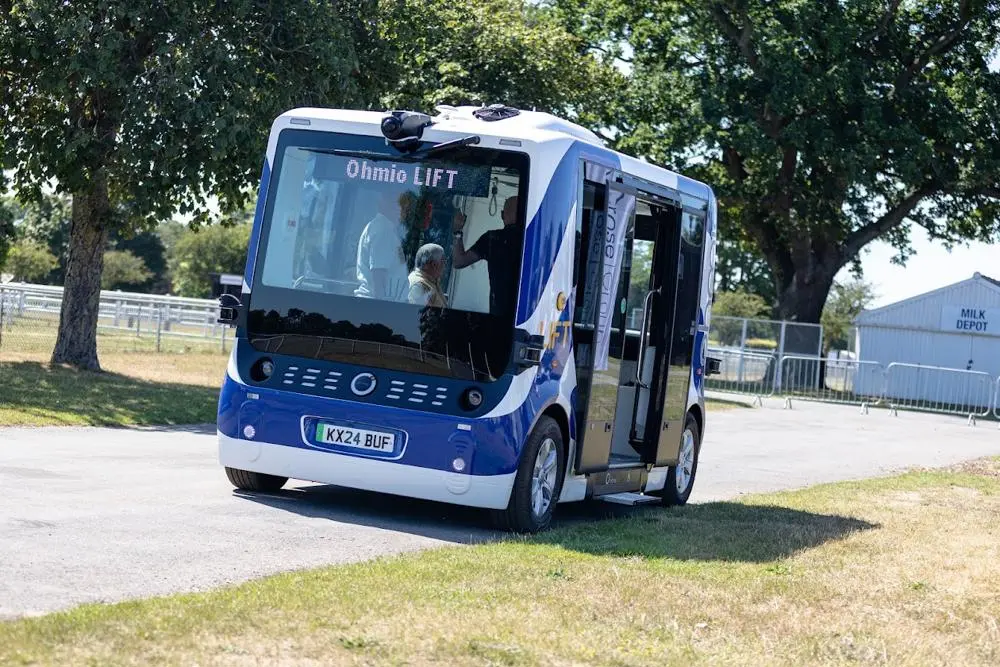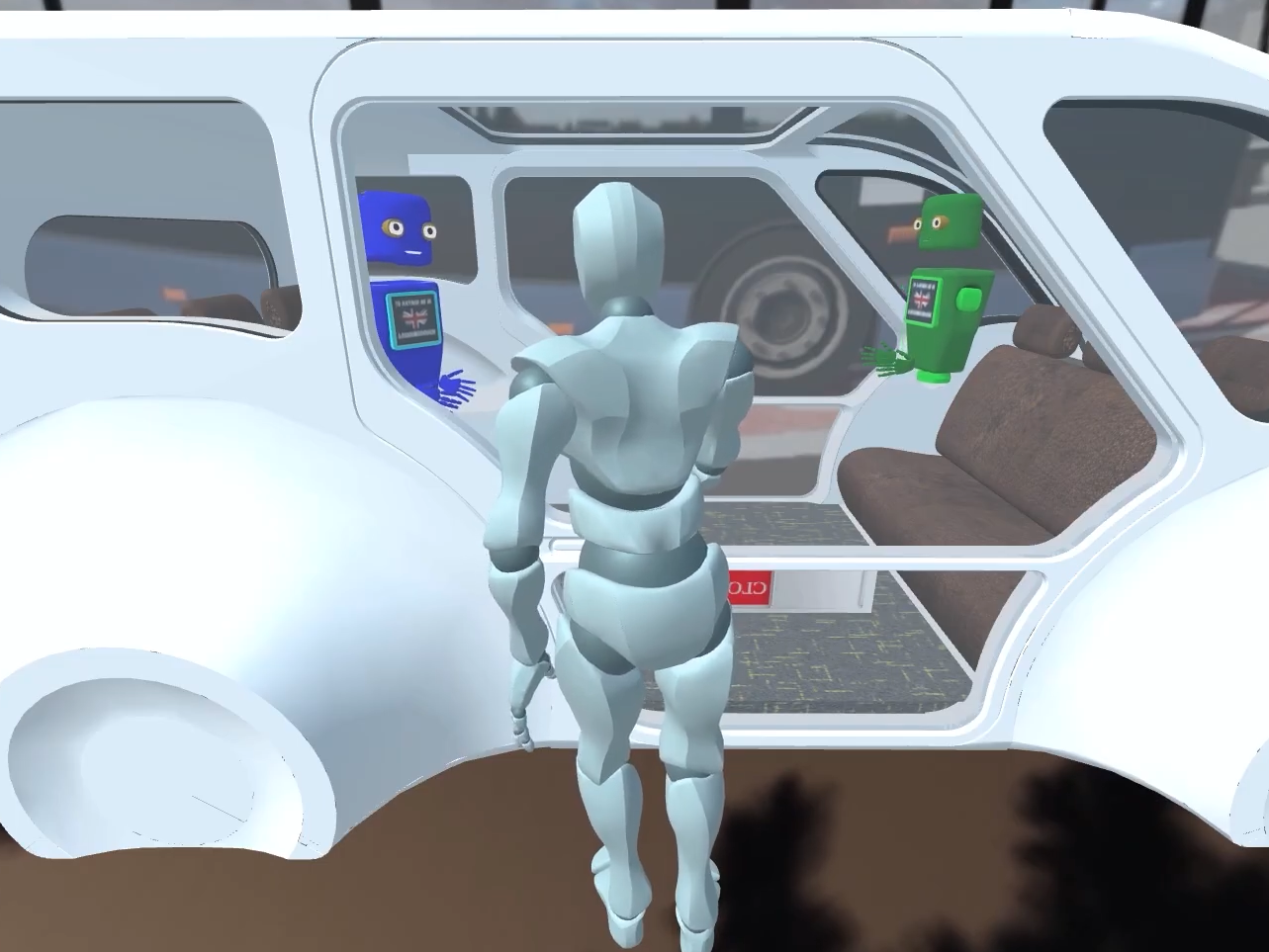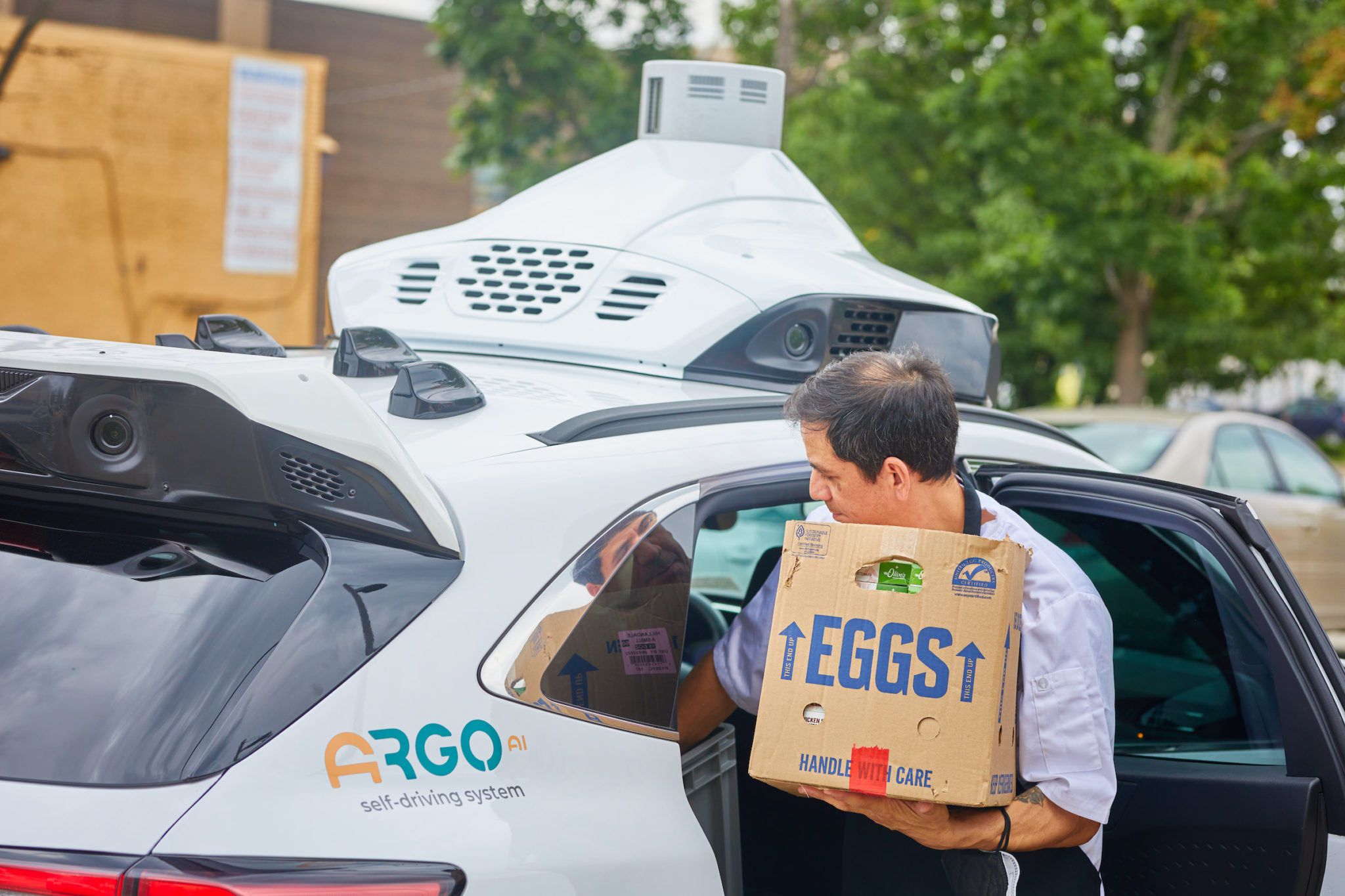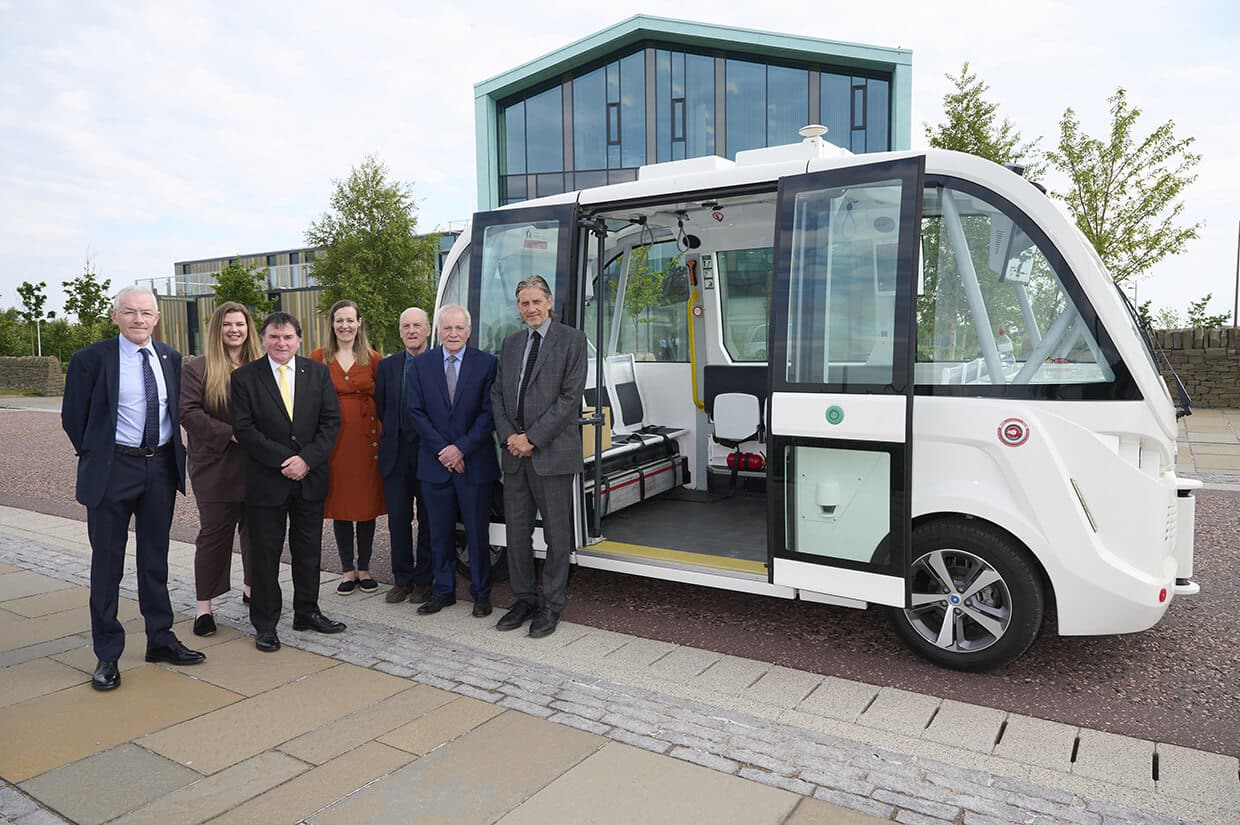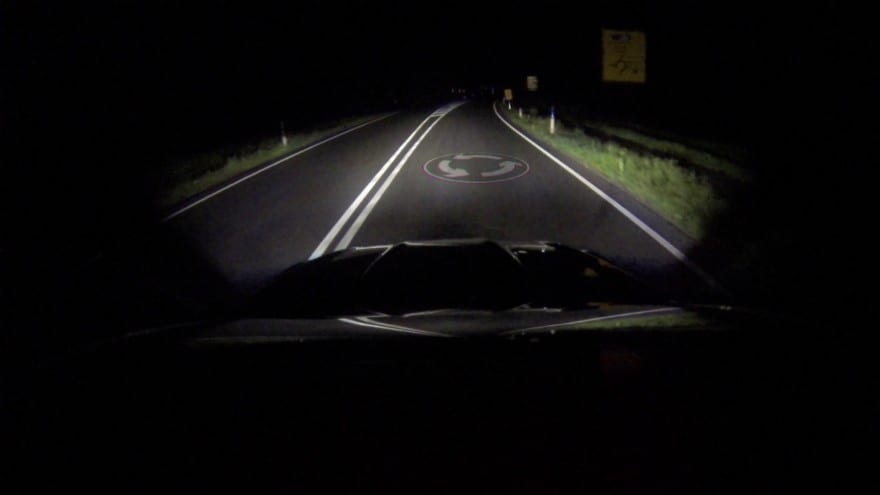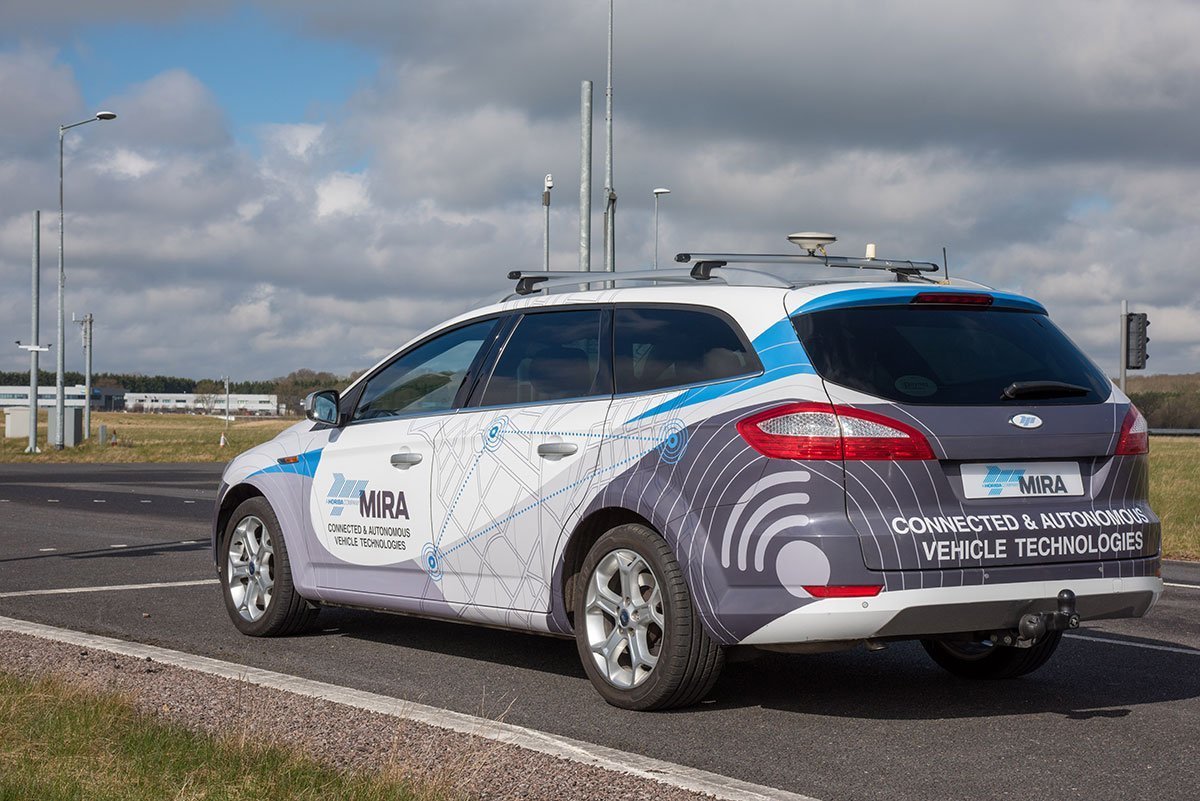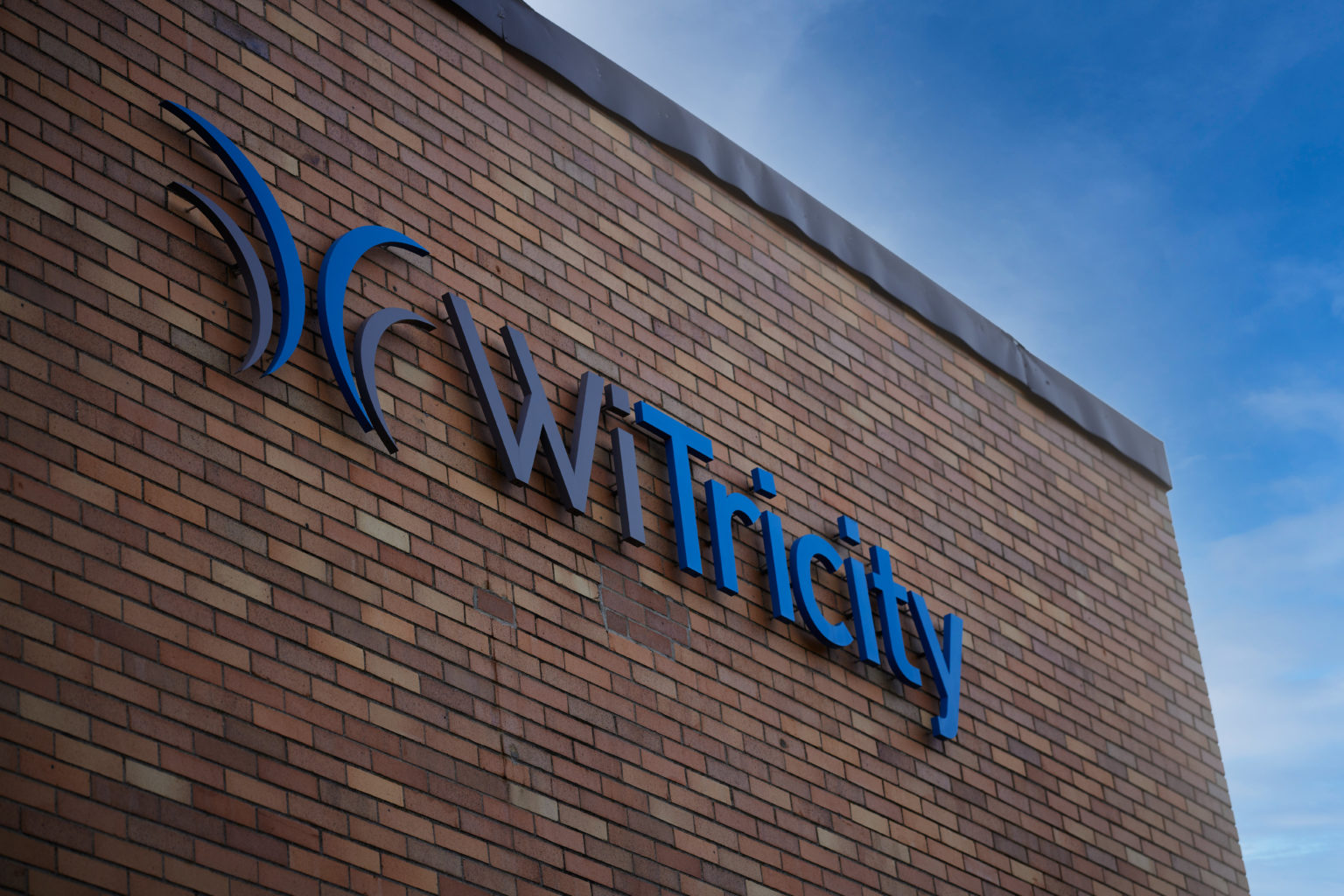The UK government has unveiled new plans, drawing on 100 million GBP in taxpayer money, which could see autonomous vehicles rolled out in the UK by 2025.
Although vehicles with driver assistance systems such as automatic lane-keeping systems (ALKS) are anticipated to operate on UK motorways within the next year, these new plans aim to push the wider rollout of fully-autonomous vehicles by 2025.
Unlike vehicles equipped with driver assistance systems, fully-autonomous vehicles would not need anyone onboard to hold a driving licence.

According to proponents of autonomous vehicle technology, these vehicles could revolutionise public transport and passenger travel and could better connect rural communities, while also reducing road collisions caused by human error. The government therefore plans to set out the required legislation and policy, which would allow the UK to participate in this emerging market.
Transport Secretary Grant Shapps said:The benefits of self-driving vehicles have the potential to be huge. Not only can they improve people’s access to education and other vital services, but the industry itself can create tens of thousands of job opportunities throughout the country.
Most importantly, they’re expected to make our roads safer by reducing the dangers of driver error in road collisions.
We want the UK to be at the forefront of developing and using this fantastic technology, and that is why we are investing millions in vital research into safety and setting the legislation to ensure we gain the full benefits that this technology promises.
As part of the 100 million GBP funding to support these plans, 34 million GBP has been earmarked for research in safety developments and more detailed legislation.
This could include researching the performance of self-driving cars in poor weather conditions and how they interact with pedestrians, vehicles and cyclists.
The government has also confirmed that 20 million GBP to help initiate commercial self-driving services and give businesses in this sector financial support. These projects could include autonomous grocery deliveries or self-driving shuttles to assist passengers in airports.
In addition, 6 million GBP will be used for further market research and to support commercialisation of the technology.



